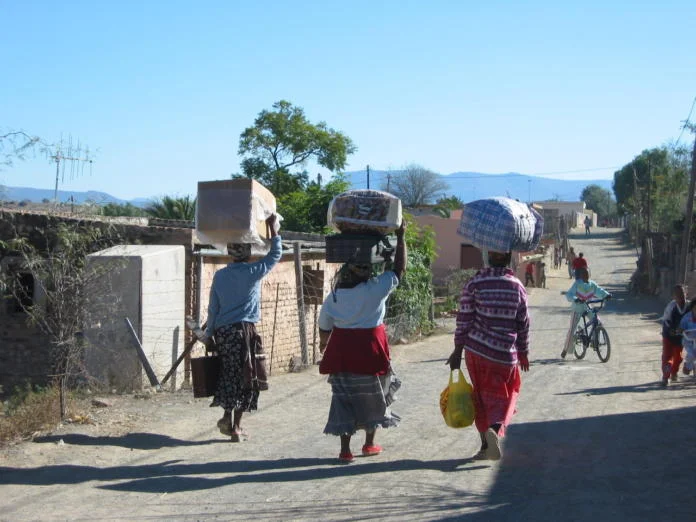AROUND the world, township communities have historically been largely ignored by businesses. This is beginning to change, however, as corporates and organisations are taking note of the potential within this untapped market.
Take Piramal Sarvajal, for example. In India’s slums and underprivileged communities where safe drinking water is a scarce commodity, this mission-driven social enterprise is using technology to ensure that the underserved have access to this basic necessity.
One of their solutions is water ATMs that provide 24/7 access to safe and affordable drinking water. These dispensers are off the grid thanks to solar power and cloud connected to enable remote tracking of consumption and water quality. What’s more, Sarvajal enlists the help of franchisees, or ‘water entrepreneurs’, in communities to boost the local economy.
In Brazil’s favelas, many businesses are offering microfinance partnerships, loans and services to community entrepreneurs. Access to financial services has long been an issue in these impoverished areas. One business that aims to combat this is the community-run Bank of Paraisopolis in south São Paulo, which serves the Paraisopolis favela. It has even created a new currency to ensure greater financial stability for local residents and businesses.
Closer to home, Cape-based tech startup Yebo Fresh has paved the way with an innovative online shopping service that delivers fresh produce and household goods to areas that are predominantly unserved by formal retailers. To drive prices down and quality up, the business partners with local manufacturers to ensure an accessible, affordable and continuously-growing product offering.
The business started simply, in the garage of founder Jessica Boonstra’s home in 2018, and has since expanded to a 1 200 m2 warehouse and 50 permanent and casual employees. The pandemic proved to be a catalyst for growth, driving the business forward to hundreds of daily orders from just a couple of hundred a month. While the service was initially available to just a few townships, it has since opened up delivery to all areas within 40km of Cape Town’s central business district.
In a similar vein, online fashion etailer RunwaySale makes quality, high-end brands affordable to a broader South African market. The business offers premium designer labels at significantly lower prices than in-store, giving more consumers access to high quality fashion.
“We have seen a considerable jump in online shopping stats since the start of the pandemic. Our sales from residents in the townships has followed this trend and has doubled in the last year,” says RunwaySale Chief Operating Officer Rob Noble.
He adds that one of the key factors to seeing success in these areas is a strong focus on accessible technologies, especially mobile devices.
